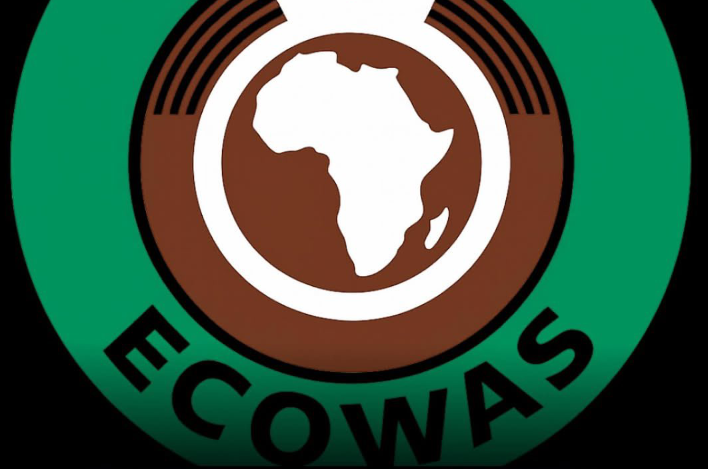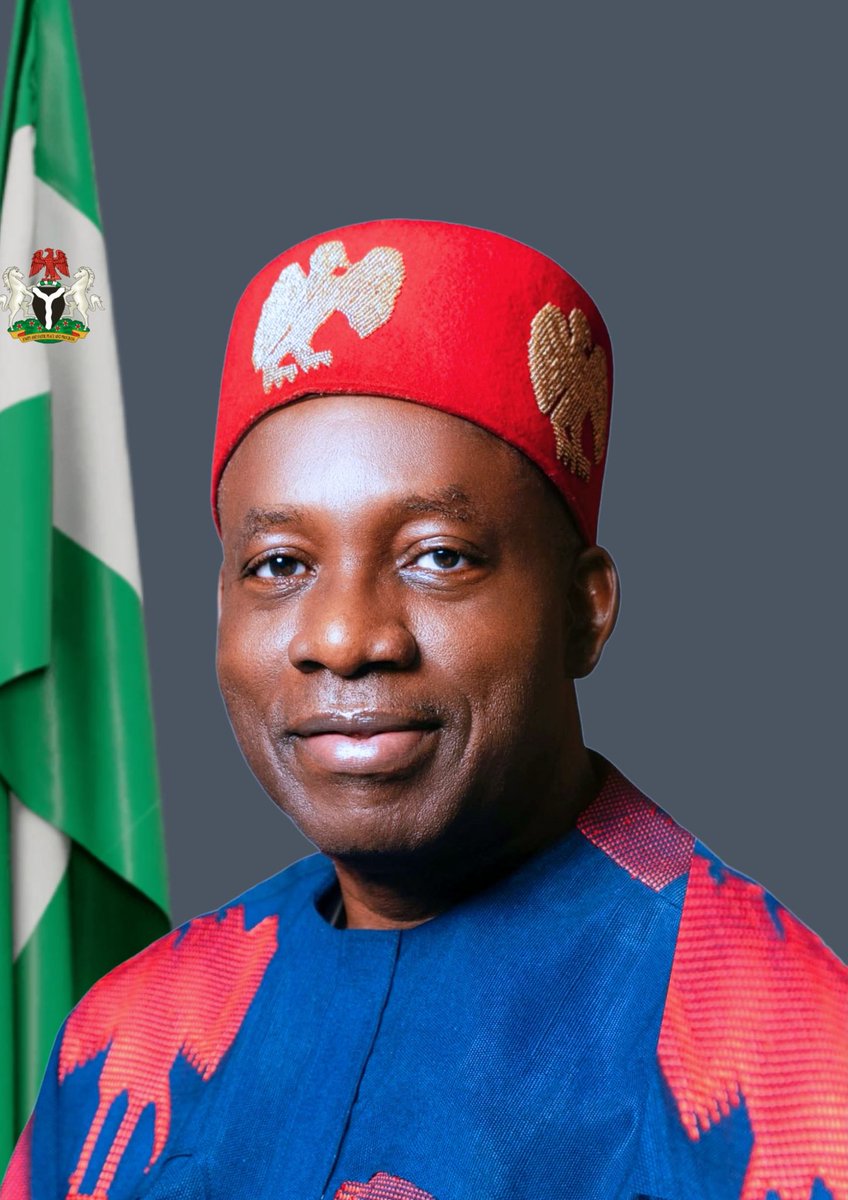
ECOWAS Dismisses “Religious Genocide” Claims as Dangerous Misinformation Amid Rising Tensions in West Africa

The Economic Community of West African States (ECOWAS) has strongly refuted recent claims suggesting that any religious group is being systematically targeted or persecuted in West Africa, describing such allegations as misleading and potentially destabilizing. The regional bloc issued a firm communiqué stressing that no form of “religious genocide” is occurring within its member states and warned that such rhetoric could inflame tensions and undermine fragile efforts to restore peace in the region.
The statement, released on November 4, 2025, comes amid a growing diplomatic storm triggered by remarks from U.S. President Donald Trump, who alleged that Christians in Nigeria were facing systematic persecution. Trump’s comments were accompanied by an announcement designating Nigeria as a “Country of Particular Concern,” a classification that often precedes sanctions or aid cuts, and even hinted at the possibility of U.S. military involvement to “protect religious freedom.” The claims have since sparked widespread reactions across Africa and the international community, with ECOWAS cautioning against narratives that could be weaponized to divide nations along religious lines.
According to ECOWAS, extremist violence in the region—while severe and persistent—does not discriminate by religion, ethnicity, or nationality. “The violence that has swept through our communities affects everyone—Muslims, Christians, and people of traditional faiths alike,” the statement read. “To describe these attacks as targeting one religion over another is to misrepresent the complex reality on the ground and to risk further polarizing our societies.” The bloc reaffirmed its solidarity with all victims of terrorism and urged media outlets, international organizations, and political leaders to avoid framing the crisis in religious terms.
President Bola Tinubu of Nigeria echoed similar sentiments during a briefing before the Federal Executive Council meeting in Abuja. Dismissing President Trump’s allegations as “inaccurate and unhelpful,” Tinubu emphasized that Nigeria remains a secular and democratic nation founded on constitutional principles that guarantee freedom of religion and belief. He reiterated his administration’s commitment to safeguarding those rights while confronting terrorism with renewed determination. “Our fight is not against any religion—it is against terror, poverty, and disunity,” Tinubu declared. “We will continue to work with partners who respect our sovereignty and our shared vision for a peaceful, prosperous, and inclusive nation.”
The President also underscored that his government’s approach to security aligns with his Renewed Hope Agenda, which prioritizes national unity and sustainable development over fear and division. He highlighted ongoing diplomatic engagement with neighboring states and international partners as key to strengthening regional security frameworks and addressing the root causes of extremism. “We are not seeking conflict; we are seeking cooperation,” Tinubu said. “Nigeria’s future depends on peace among our people and partnership with the world.”
In its communiqué, ECOWAS called upon the United Nations, the African Union, and global allies to expand support for regional counterterrorism efforts. The bloc noted that many West African nations have borne the brunt of violent extremism over the past decade, with thousands of civilians killed and millions displaced. From northern Nigeria and Niger to Mali and Burkina Faso, extremist groups continue to exploit poverty, weak governance, and porous borders to spread fear and instability. The organization stressed that defeating such forces requires collective action, intelligence sharing, and sustained international assistance rather than polarizing debates or unilateral interventions.
“West Africa is united in grief, but it must also be united in resolve,” the statement continued. “The lives lost to terrorism are not defined by religion but by humanity. We therefore reject in totality any insinuation of religious genocide. What we face is a war against terror—not a war between faiths.” ECOWAS also urged local religious and community leaders to help dispel misinformation and foster dialogue that strengthens tolerance and coexistence across ethnic and spiritual lines.
Diplomatic analysts say the ECOWAS position is both a rejection of external pressure and a signal of the bloc’s determination to assert its own narrative in global conversations about West Africa’s security crisis. Many regional observers view Trump’s comments as reminiscent of previous Western interventions justified on humanitarian or religious grounds, often with destabilizing outcomes. “The last thing the Sahel or the Gulf of Guinea needs is another foreign-led crisis,” said a regional security expert based in Abuja. “ECOWAS is right to warn against oversimplified narratives that ignore the deeper socio-economic and political roots of terrorism in this region.”
The controversy also reignites longstanding debates about the portrayal of African conflicts in Western media. Critics argue that framing violence in religious terms tends to overlook the complex mix of economic desperation, local grievances, and governance failures that fuel insurgencies. In countries like Nigeria, where Christians and Muslims have coexisted for centuries despite periodic clashes, many citizens view attempts to cast the conflict as a “religious war” as both divisive and insulting. “We have Muslims dying beside Christians in these attacks,” said one Nigerian civil rights activist. “Terrorists do not ask for your faith before they pull the trigger. These are crimes against humanity, not religion.”
For ECOWAS, the priority now is to restore public trust in regional institutions and strengthen cooperation among member states to combat the escalating wave of terror attacks. The bloc’s leaders have repeatedly emphasized that stability in one country depends on the stability of all. Nigeria, as the region’s largest economy and most populous nation, continues to play a central role in coordinating intelligence operations, military collaboration, and humanitarian responses. However, insecurity in parts of the Sahel remains acute, with extremist factions evolving in both tactics and reach.
Despite the grim realities, ECOWAS leaders insist that the region is not without hope. The organization has recently approved new frameworks for border security, anti-radicalization programs, and youth empowerment initiatives aimed at addressing the root causes of extremism. In its concluding remarks, ECOWAS reaffirmed that the path to peace lies not in division but in solidarity. “Our diversity is not our weakness,” the statement declared. “It is our greatest strength. West Africa will not allow fear, misinformation, or external manipulation to define its destiny.”
As the international community weighs its response, the message from West Africa is clear: terrorism in the region is a shared threat that transcends faith, and framing it as otherwise risks turning allies into adversaries. For ECOWAS, the struggle is not just for security but for truth—the truth that every life, regardless of religion or creed, deserves protection, dignity, and peace.


